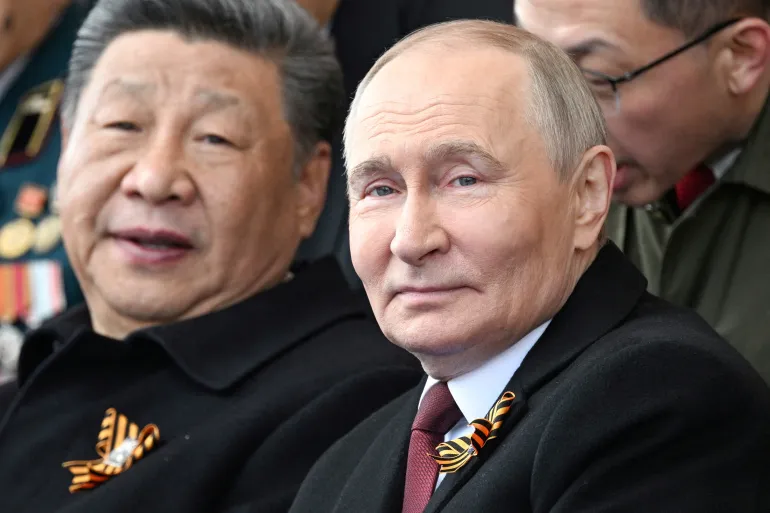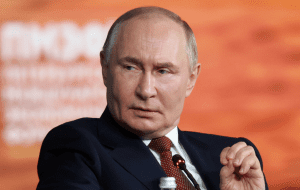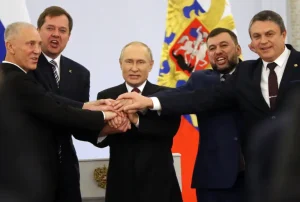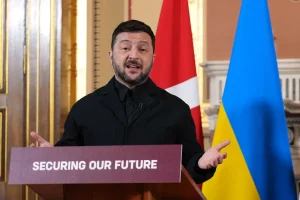China has welcomed recent renewed communication between the US and Russia, seeing it as a hopeful step toward resolving the ongoing Ukraine conflict. This comes as former US President Donald Trump intensifies his calls for a “long-term” solution to the war, reflecting growing global fatigue with the prolonged crisis.

Xi Jinping’s Message to Putin: Support for Stability
Chinese President Xi Jinping conveyed his support for a peaceful and durable resolution during a phone call with Russian President Vladimir Putin. Xi emphasized the importance of dialogue and cooperation to stabilize the region and reduce tensions.
This diplomatic message aligns with China’s broader strategy of promoting geopolitical balance while maintaining close ties with Russia. Beijing’s stance signals its desire to play a constructive role in shaping the future of the Ukraine conflict.
Trump’s Push for Peace
Meanwhile, Donald Trump has publicly urged renewed talks and negotiations aimed at ending the war. His approach stresses pragmatism and diplomacy over prolonged military engagement. Trump’s voice adds a high-profile dimension to the conversation around Ukraine’s future.
The former president’s calls have gained attention amid concerns that ongoing hostilities are draining resources and escalating risks across Europe and beyond.
US-Russia Contact: A Glimmer of Hope
Recent contacts between US and Russian officials suggest a potential thaw in relations after years of heightened tensions. While details remain limited, these dialogues could pave the way for negotiations that might halt further escalation.
Analysts note that both sides have incentives to explore diplomatic solutions, even as strategic competition continues. The fragile balance makes such contacts a critical, if tentative, development.
China’s Role in Global Diplomacy
China’s endorsement of dialogue reflects its ambition to position itself as a global peacemaker. The country’s leadership often advocates for multilateral solutions and respects sovereign interests—principles Beijing highlights in international forums.
By supporting US-Russia engagement, China strengthens its diplomatic credentials and signals readiness to influence outcomes in one of today’s most volatile conflicts.
Challenges and Prospects
Despite cautious optimism, significant hurdles remain. Deep mistrust, conflicting interests, and battlefield realities complicate peace efforts. Any long-term solution requires careful negotiation, compromise, and guarantees.
The role of third parties like China and influential figures such as Trump may help broker breakthroughs. However, the path to peace is fraught and uncertain.
Looking Forward
As the world watches, renewed US-Russia communication backed by China’s diplomatic support could mark a turning point in the Ukraine war. If leveraged effectively, these contacts might catalyze a shift from confrontation toward resolution.
For political observers and the techno-savvy global audience, this development underscores the interconnectedness of diplomacy, strategy, and technology in modern conflict management.
The US-Russia contact China Ukraine peace initiative presents a complex but hopeful chapter in one of the 21st century’s defining conflicts. With Xi Jinping’s endorsement and Trump’s vocal push, the prospects for a “long-term” resolution gain new momentum.
Stakeholders must navigate a delicate geopolitical landscape where diplomacy and power dynamics intertwine. The coming months will reveal whether these contacts can translate into lasting peace or merely a brief respite.











Comments are closed.